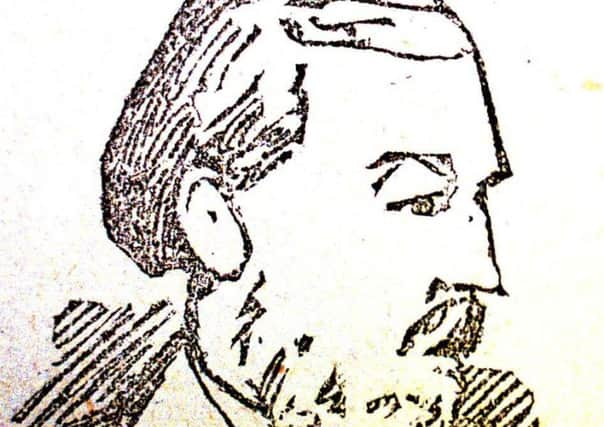Leader comment: Lesson of '˜acquital' of Dundee's '˜Jack the Ripper'


However, the case still does have a lesson for the debate that occasionally takes place about the return of the death penalty.
Bury claimed he was Jack the Ripper and his wife, Ellen Bury, had been found dead, her body dismembered.
Advertisement
Hide AdAdvertisement
Hide AdThe jury may have needed little persuasion to find him guilty in an apparently open-and-shut case.
But modern forensic techniques suggest Mrs Bury actually hanged herself and that the cuts to her body were made after she had died. Instead of Jack the Ripper, her husband may have been a mentally ill man who became deranged after his wife’s suicide.
Whatever actually happened all those years ago, anyone arguing for the return of the death penalty must accept the potential for such miscarriages of justice even in circumstance where the facts seem certain.
They must, therefore, attempt to show that the supposed benefits of lawful execution outweigh the inevitable loss of innocent life.
